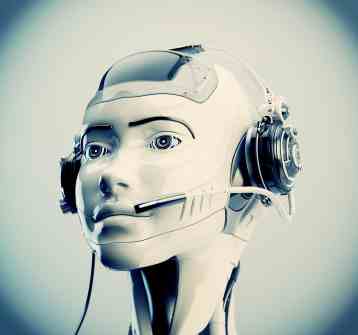Machines are becoming smarter, faster, cheaper and far more nimble than us. They surpass both our brains and our bodies at the basic human skills that make us fundamentally employable. As a result, there may be people who – despite being fit for work – have no economic value in the decades to come.
The Technological Transformation
We are now on the verge of another business transformation, but this time workers are not being replaced by low cost labour in other countries. Rather, they are being replaced by machines. Many of the jobs in a modern society are ultimately nothing more than a form of information processing. The more structured the task, the more easily it can be performed by a machine. Therefore, many companies are spending more on information technology and investing less and less in personnel. For example, the Chinese mega-factory Foxconn has replaced its Chinese workers with one million robots. In addition, many service sector jobs have become automated, with advances in electronic accounting, online retailing and the computerisation of many office activities. Although this is great economic news as technological progress allows us to increase output, volume and quality at much cheaper prices hidden inside this menacing movement to displace labour is a far more complex shifting of social order. Gains in prosperity disproportionately benefit upper income groups; meanwhile, the pressure on lower income groups is increasing.
What Are We Better At?
Pattern recognition and complex communication are now so amenable to automation, are any human skills immune? Do people have any sustainable comparative advantage?
Well, there remain many professional fields that, at least for the foreseeable future, will not be threatened by machines and are therefore unlikely to experience any downward wage pressure. The safest industries and jobs are dominated by managers, health-care workers, and a super-category that encompasses education, media, and community service. One conclusion to draw from this is that humans are, and will always be, superior at working with and caring for, other humans. However, the fact that some industries have been safe from automation for the last three decades doesn’t guarantee that they will be safe for the next one. Robots are already creeping into the diagnostics and surgeries and schools are already experimenting with software that replaces teaching hours.
The advance in technology will undoubtedly continue to create new industries. Unless humans start evolving new skills faster than their automated counterparts, it is possible that the economic model of mass human employment will become vulnerable.
